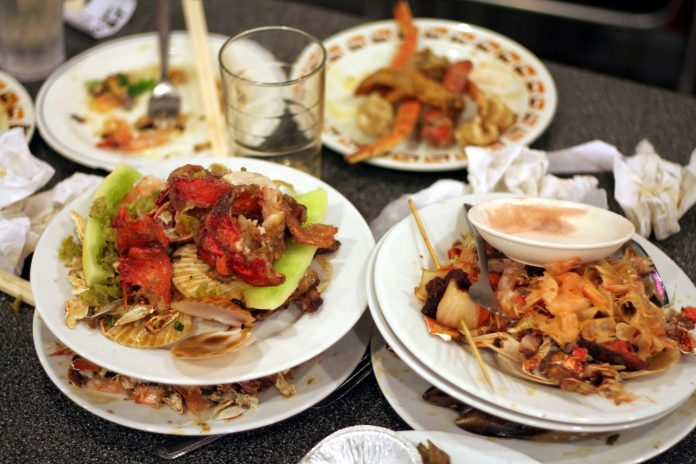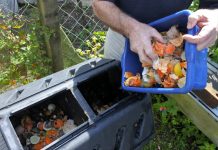Food operators have begun to warm up to new technology to help combat food waste; Here, Nick Hucker CEO, Preoday, looks at some of the key technologies that are driving the change
The hospitality industry is becoming increasingly aware of the conscious consumer who is interested in environmental implications such as sustainability and food waste. Food wholesaler Bidfood calls the phenomenon “Good for me, good for you”, and in its top trends of 2019, analyst house NPD sees reducing kitchen waste as a factor in the emergence of slimmer menus.
Alarming research from WRAP reveals that a total of 3,415,000 tonnes of waste is disposed of in the food sector every year, of which 1,473,000 tonnes are sent for disposal. 600,000 tonnes (41%) of the waste from pubs, restaurants, hotels and quick service restaurants is food waste.
How can technology help reduce waste?
Technology to the rescue
Reducing food-related waste doesn’t need to start with the packaging, it begins with the food itself and this is where technology can help. There are a variety of mobile apps being developed which aim to reduce food waste, such as Olio, FoodCloud and Farmdrop, with approaches ranging from helping to connect neighbours and local retailers so surplus food can be shared and not disposed of, to farm-to-door style delivery services connecting the consumer directly with local farmers, to ensure maximum transparency.
Pub chain JD Wetherspoon launched a successful partnership with food redistribution charity FareShare in order to reduce food waste and support those at risk of food insecurity. In 2018 JD Wetherspoon redistributed 3.4 tonnes of surplus meat, ready meals and desserts, enough to create over 8,000 meals for vulnerable people. The initiative has proved highly successful with the pub chain being awarded the Waste No Food Award at the Sustainable Restaurant Association’s annual Food Made Good Awards.
Reducing waste by improving inventory management
We like to think that digital ordering itself can play a part by helping food operators better manage stock control and ensure that as little food as possible is wasted. With digital ordering, knowing what customers have ordered ahead of service time enables kitchen managers and bar staff reduce avoidable food waste by simply managing their production volumes. Over time, with cumulative data about customers’ buying behaviour, avoidable food waste can be reduced significantly. The flexibility of digital menus also means that if a menu item is not selling as anticipated, promotions and offers can be made – so that customers are made aware of it before they get to the restaurant.
Digital bins
The emergence of clever tech such as smart bins has helped chefs become more aware of what they discard, which is good news for both the environment and the bottom line. Smart kitchen tech company providers like Winnow have started to prove popular with early adopters of the technology, singing its praises. The technology involves a scale that weighs food waste bins and a touchscreen where operators can log what is being thrown away. The analytics can then be reviewed to take into account the restaurant’s menu and to make kitchens run more efficiently.
2019 is set to be a big year for reducing food waste and we look forward to seeing what new innovations are to emerge this year to help consumers eat and drink in a more environmentally-friendly way, as well as support for operators to become more transparent to their customers.
Editor's Recommended Articles
-
Must Read >> How are UK supermarkets tackling their food waste?





























